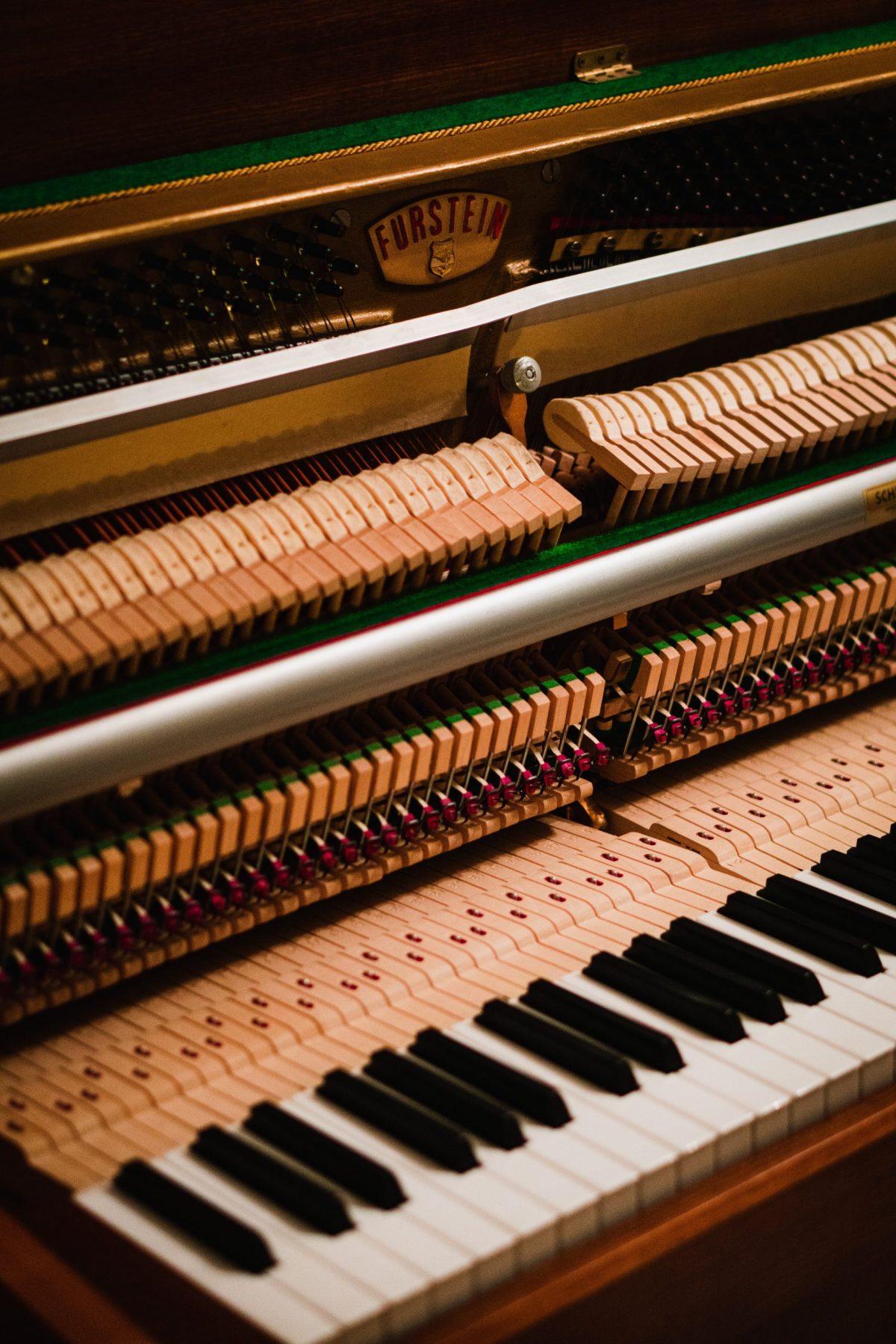Q: Do I need to have any music experience to sign up for lessons?
A: Absolutely not! We teach children and adults who have never touched a piano all the way up to advanced performers. In our first lesson, we will evaluate where you are in your music journey and discuss your musical goals.
Q: What instruments do you teach?
A: We currently offer voice or piano lessons, two of the most useful instruments whether you enjoy classical or contemporary music.
Q: What materials are needed for online music lessons?
A: All students need is a simple 3-ring binder to hold their sheet music, a basic electronic device that can connect to the Internet (laptop, iPad, smart phone, etc.), and some kind of stand or table to set the device on – this allows us to see the student playing piano or singing. Check out our basic online setup tutorial for more details.
Q: Should I start with piano or voice lessons?
A: Piano is an excellent place to start for anyone interested in experiencing music. It provides a solid foundation in music theory, sight-reading, and playing. I typically recommend students to be 7 years or older before beginning piano lessons, as they will be in a more optimal state for learning at this age – though I have taught some precocious children younger than that.
Voice lessons are a great way to build confidence and communication skills. They can be an opportunity to develop stage presence and learn how the body works to produce healthy singing – a discipline similar to how athletes train their bodies. Because of the more abstract nature of learning how to sing, I usually recommend students be around 8 years or older before starting voice lessons, but each child is completely unique.
Q: Where do I find the music I need for lessons?
A: When you enroll in lessons, we will send you information regarding where to purchase music. Along with this, you can visit our online store to find additional piano and vocal books I utilize in lessons. I also have various arrangements and collections of music for sale. Any music, karaoke tracks, or games that we purchase for you will be covered by the sheet music deposit (for more details on the sheet music deposit, see our Studio Policy)


